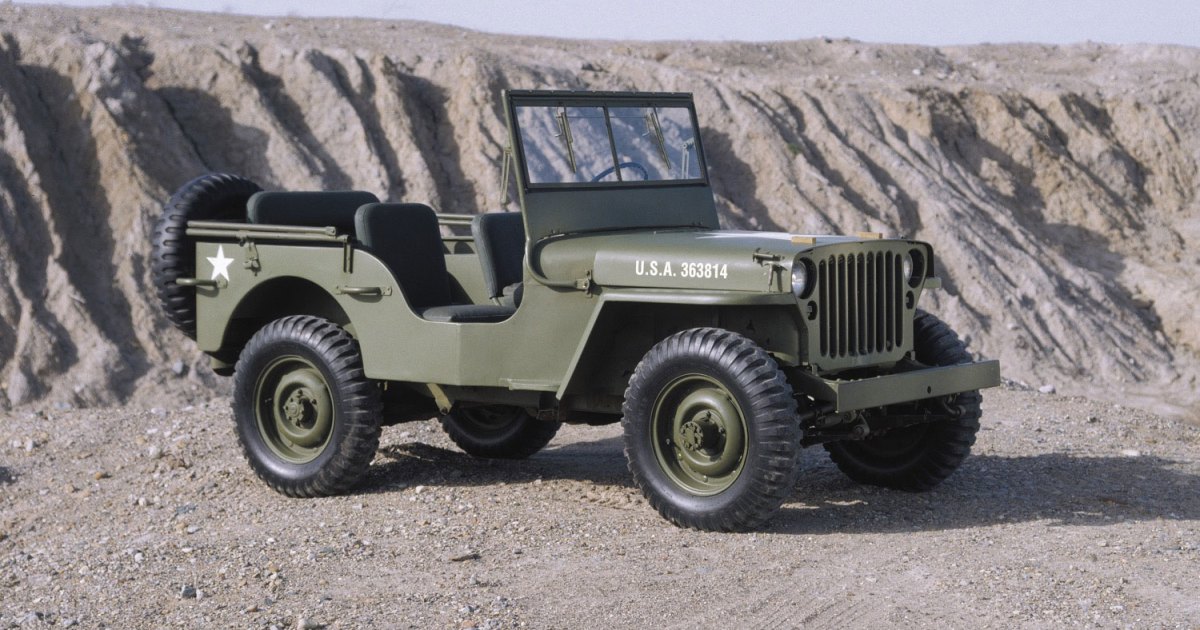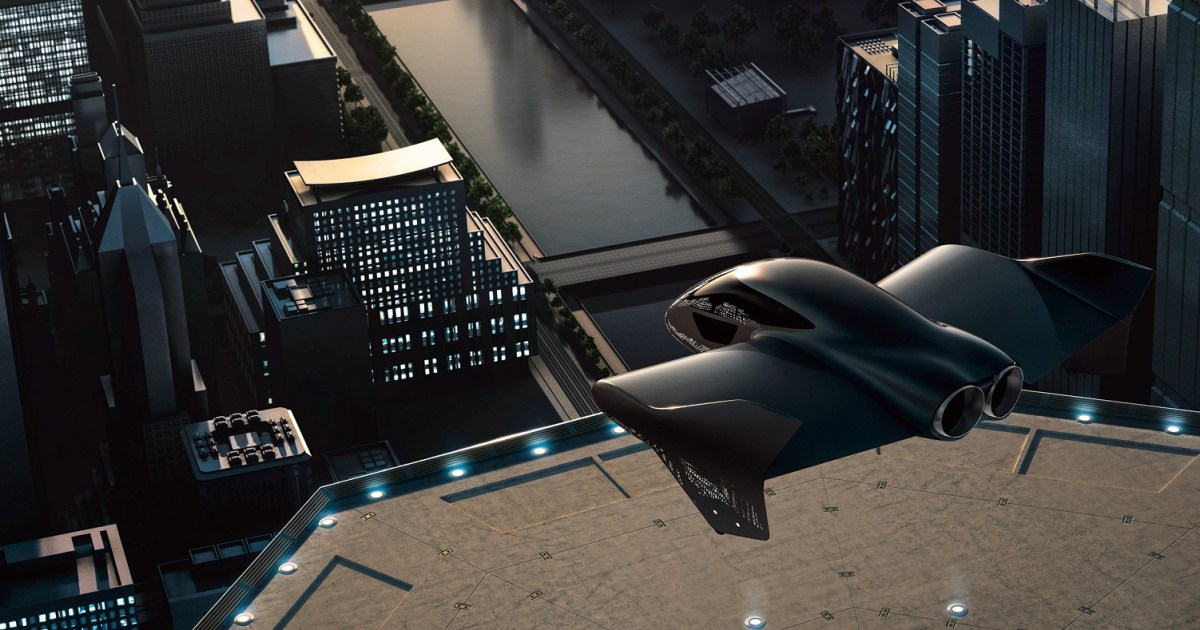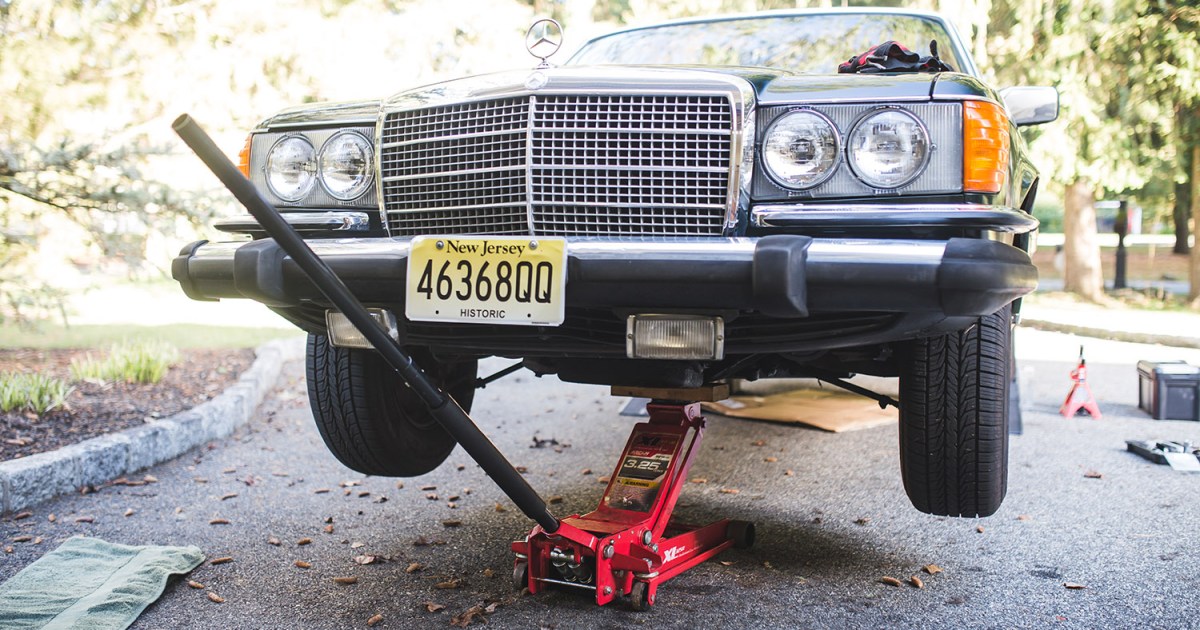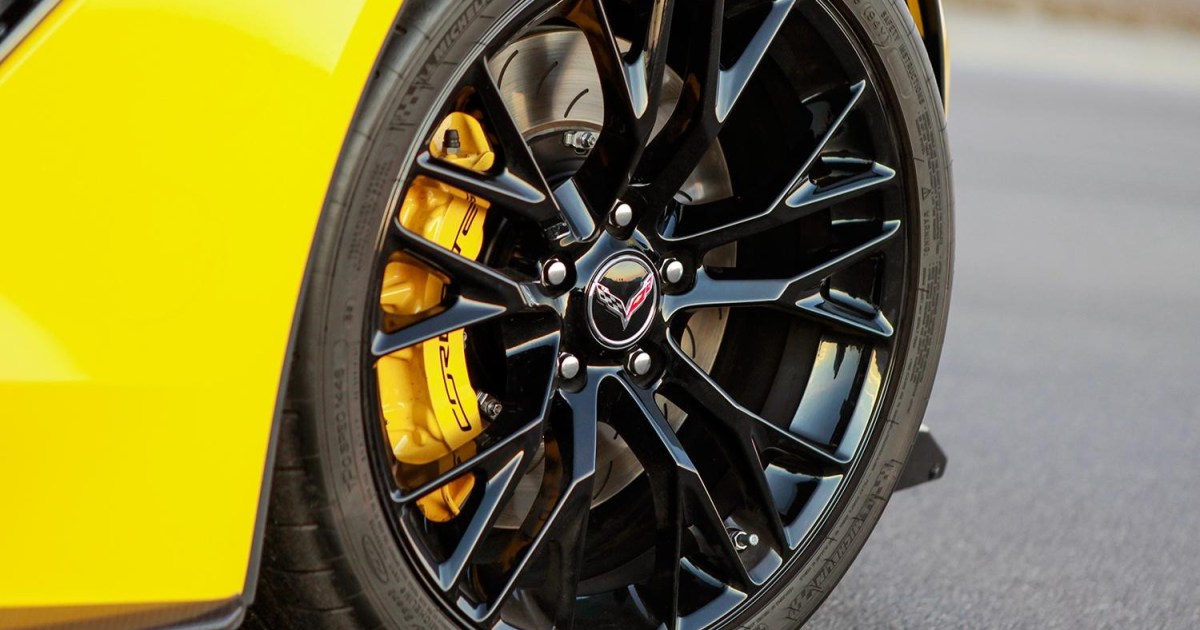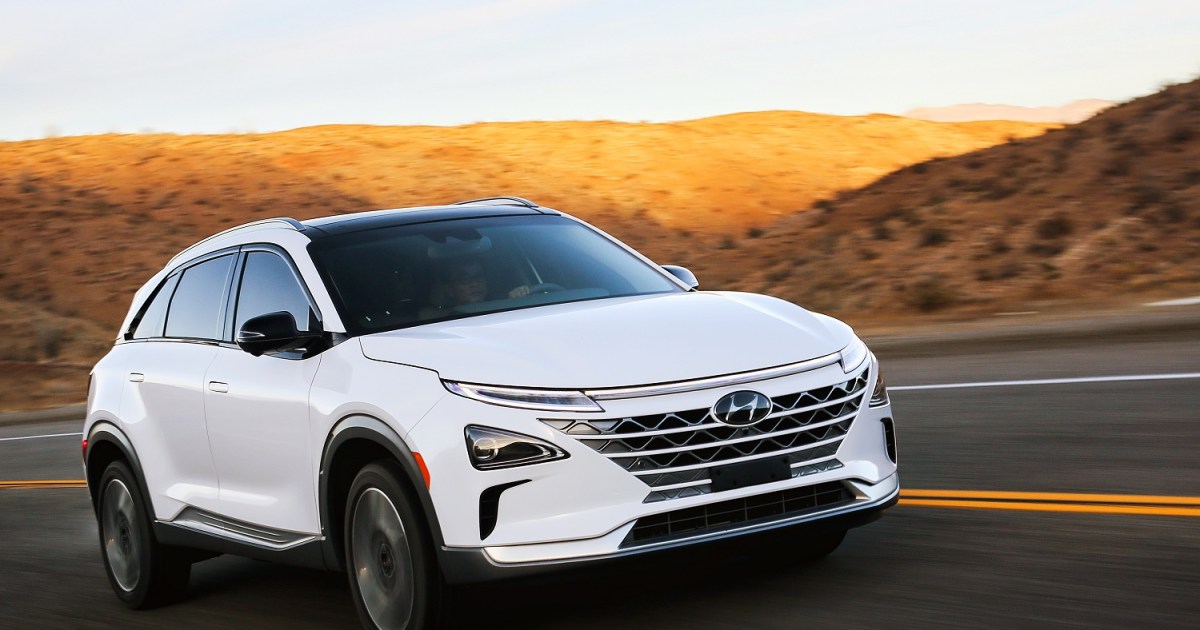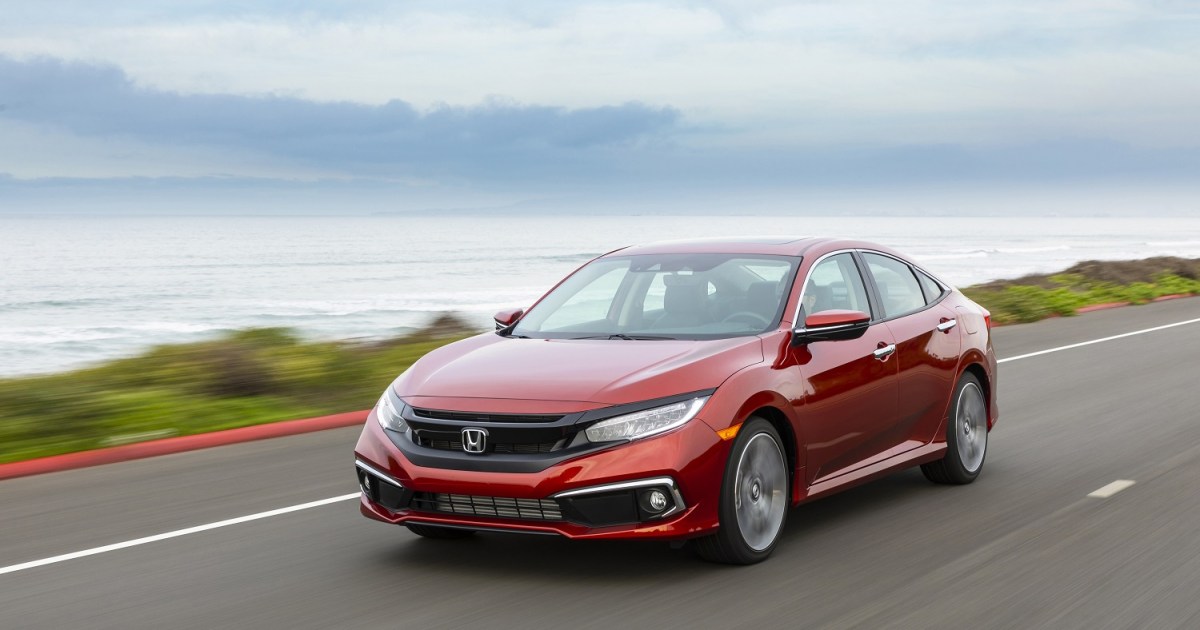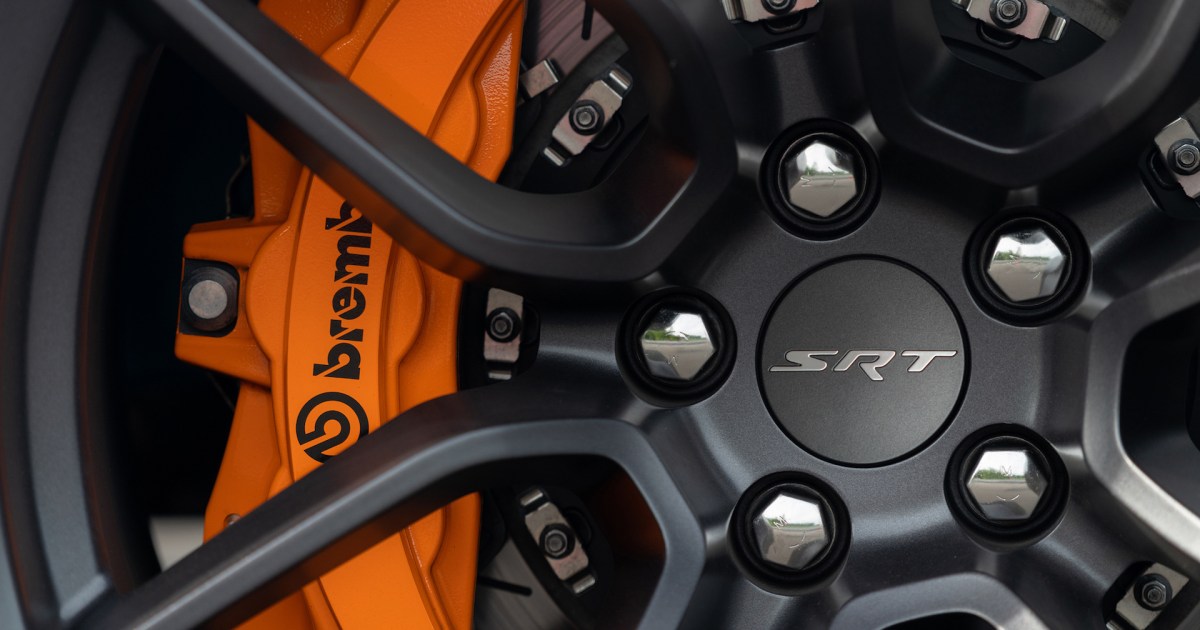Jeep. The name resonates globally, synonymous with rugged off-road capability. From bustling city streets to remote wilderness trails, the iconic Jeep Wrangler is instantly recognizable. But the journey to this ubiquitous presence has been a rollercoaster ride, marked by innovation, resilience, and a string of corporate takeovers.
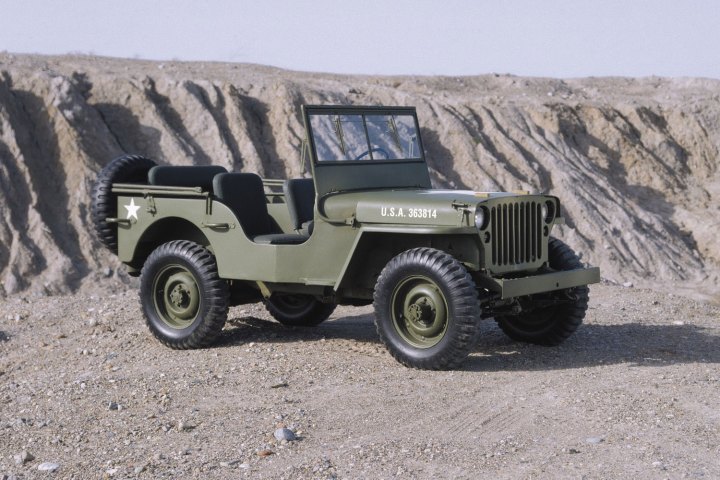 Willys MB JeepA Willys MB, the original Jeep.
Willys MB JeepA Willys MB, the original Jeep.
Birth of an Icon: The Military Years
The Jeep’s origin story is intertwined with World War II. The US Army needed a versatile vehicle to replace horses and motorcycles, leading to a design competition. American Bantam Car Company, despite its struggling status, delivered a prototype exceeding expectations. While concerns about production capacity led to contracts with Willys-Overland and Ford, it was American Bantam’s design that laid the foundation for this legendary vehicle. The name “Jeep” likely originated from “GP” (General Purpose), though some attribute it to “Eugene the Jeep,” a character from the Popeye comic strip.
From Battlefield to Farm: The Civilian CJ
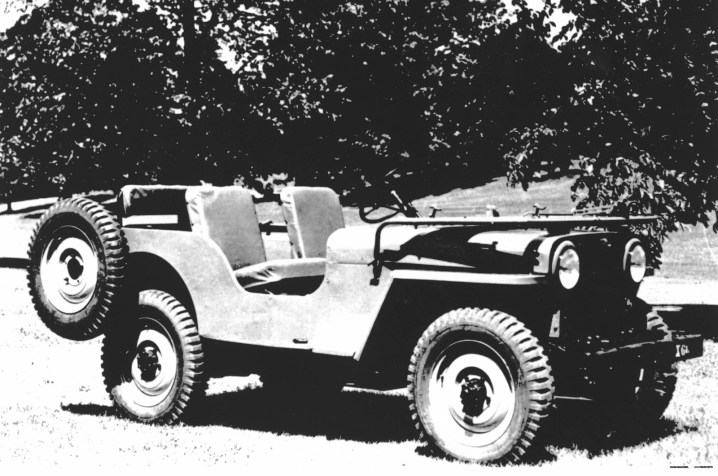 Jeep CJ-2AThe Jeep CJ-2A, the first civilian Jeep.
Jeep CJ-2AThe Jeep CJ-2A, the first civilian Jeep.
After the war, Willys-Overland retained the design rights and adapted the military MB into the CJ-2A (Civilian Jeep). This marked the beginning of Jeep’s civilian life, spawning several generations over four decades. The CJ’s legacy continues today through its successor, the Wrangler. Willys expanded the Jeep lineup with models like the Station Wagon, a pickup truck, and the Jeepster, a car-like convertible. This foreshadowed Jeep’s later venture into the crossover segment.
The Kaiser and AMC Eras
Willys-Overland was acquired by Kaiser in 1953, dropping the Willys name in 1963 to become Kaiser-Jeep. The Wagoneer, a precursor to the modern SUV, was introduced, offering a more refined driving experience. In 1969, American Motors Corporation (AMC) purchased Kaiser-Jeep. While the Jeep brand flourished, AMC struggled, eventually leading to its acquisition by Chrysler in 1987. Chrysler’s primary interest was Jeep’s valuable brand and intellectual property.
The Modern Jeep Takes Shape
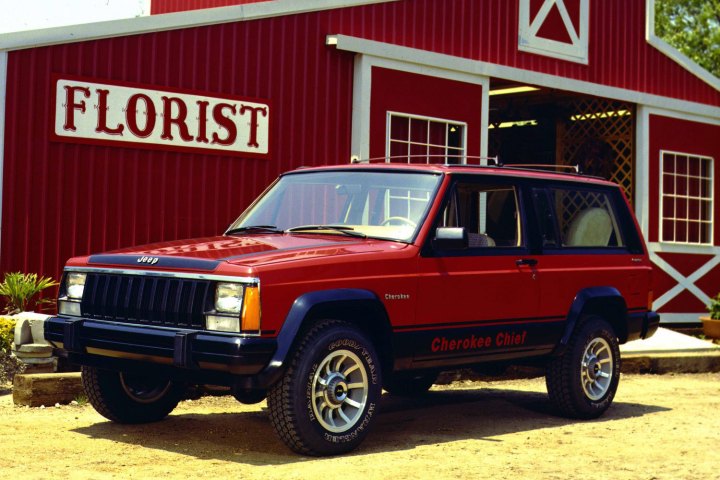 1984 Jeep Cherokee ChiefThe 1984 Jeep Cherokee Chief (XJ), a pivotal model in Jeep’s history.
1984 Jeep Cherokee ChiefThe 1984 Jeep Cherokee Chief (XJ), a pivotal model in Jeep’s history.
The 1980s witnessed the launch of two game-changing Jeeps. The XJ Cherokee, a truly modern SUV, propelled Jeep further into the mainstream. It remained in production until 2001. The Wrangler (YJ) replaced the aging CJ, offering a balance of off-road capability and modern amenities. Although initially met with resistance from purists due to its square headlights, the Wrangler solidified its iconic status.
The SUV Boom, DaimlerChrysler, and Fiat
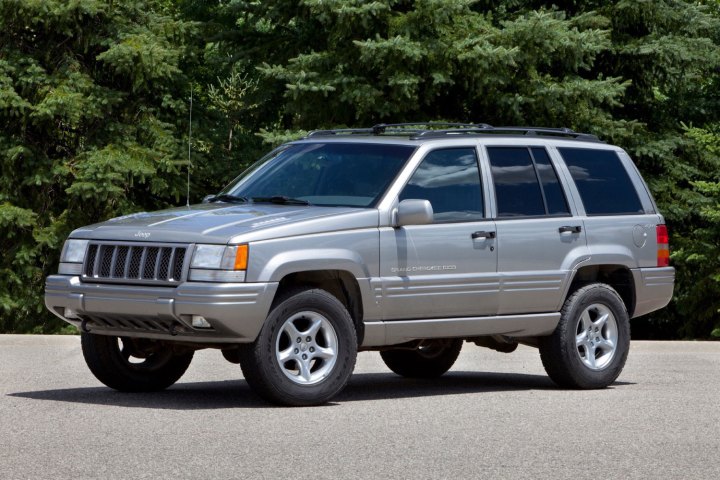 1998 Jeep Grand CherokeeThe 1998 Jeep Grand Cherokee (ZJ).
1998 Jeep Grand CherokeeThe 1998 Jeep Grand Cherokee (ZJ).
The 1990s SUV boom proved advantageous for Jeep, with the introduction of the Grand Cherokee in 1992. The Chrysler-Daimler merger in 1998 shifted focus towards trucks and SUVs, sometimes at the expense of fuel efficiency and quality. The Compass and Patriot, Jeep’s initial forays into crossovers, received criticism. The economic downturn of 2008, coupled with rising gas prices, impacted the Commander. Amidst this, the performance-focused Grand Cherokee SRT emerged.
Post-Daimler, Chrysler partnered with Fiat, forming Fiat Chrysler Automobiles (FCA). This led to the Cherokee’s revival as a crossover and the introduction of the Renegade. The 2017 Grand Cherokee Trackhawk, with its 707-horsepower engine, showcased the potential of the partnership. The Gladiator pickup truck, launched in 2018, marked Jeep’s return to the pickup segment after a long hiatus.
The Electrified Future
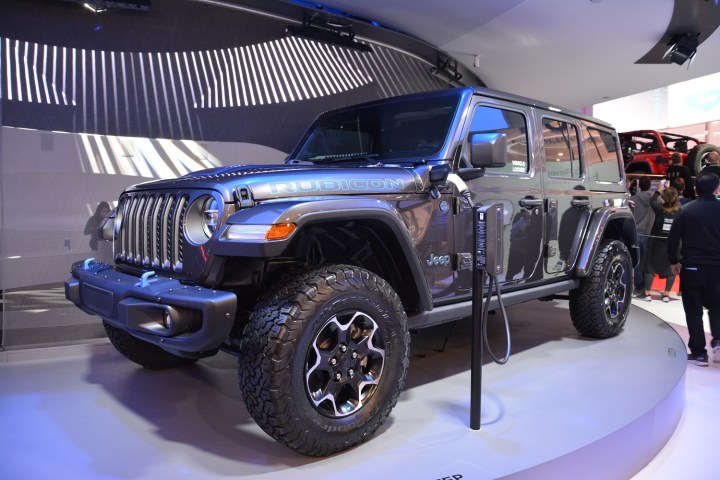 Jeep Wrangler 4xeThe Jeep Wrangler 4xe, embracing electrification.
Jeep Wrangler 4xeThe Jeep Wrangler 4xe, embracing electrification.
Jeep continues to evolve. A next-generation Grand Cherokee is on the horizon, alongside the revival of the Wagoneer and Grand Wagoneer nameplates. The Wrangler is set to embrace electrification with a plug-in hybrid powertrain and a powerful V8 engine option. From its military origins to its electrified future, Jeep’s journey has been one of constant adaptation and innovation.



